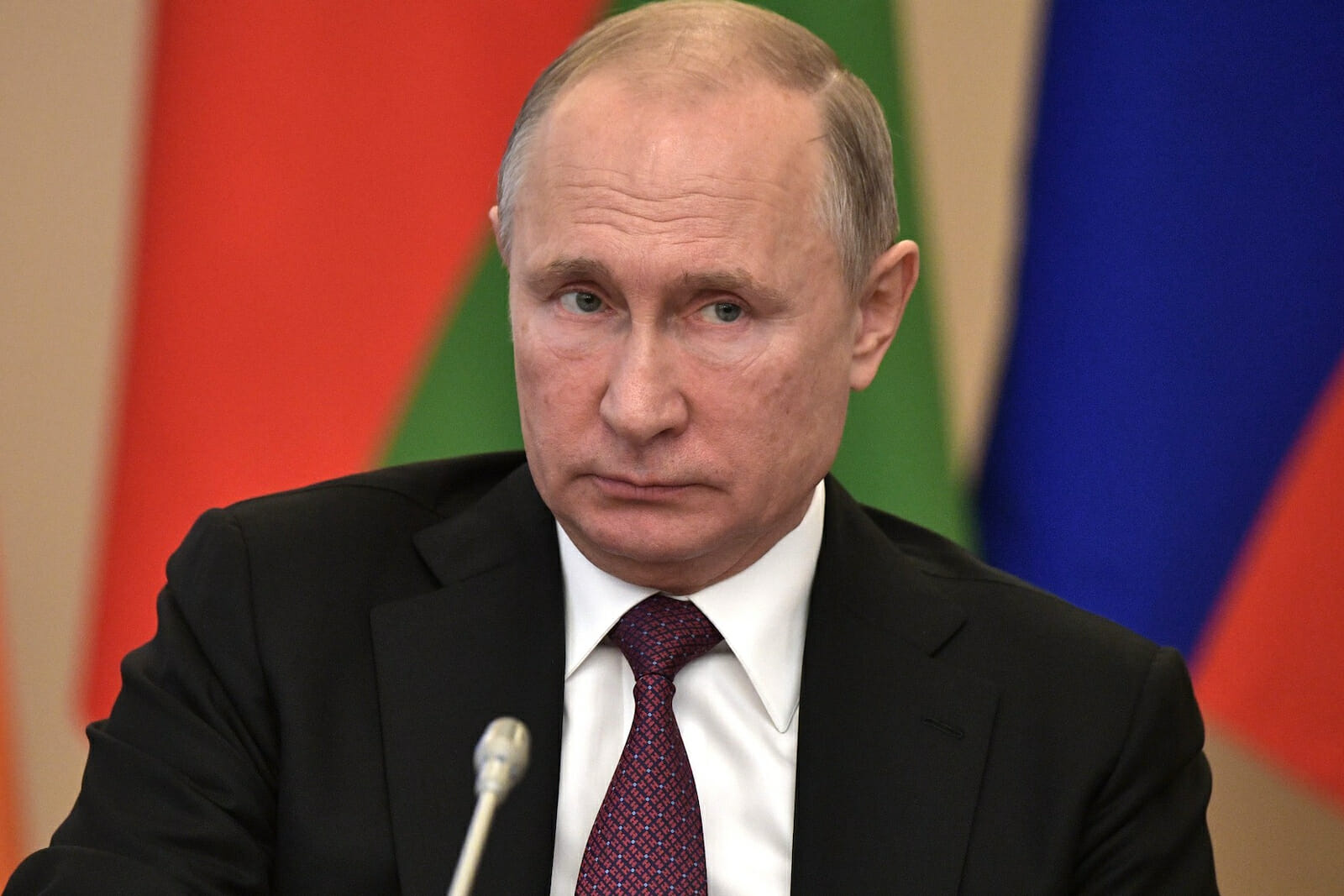
Is Putin Capable of Crafting a Pragmatic Foreign Policy?
The soon to be re-elected president of Russia, Vladimir Putin’s glorious ‘great power pragmatism’ will quickly be put to the test. Russia finds itself in the center of the convulsing Eurasian landscape and has also placed itself at the heart of the Iran and Syrian quagmires. Putin must broadcast Moscow’s objectives in a manner designed to remove doubt about its short and long-term intentions, but has made it clear in the final days of campaigning that he is quite comfortable relying on what he has done best historically – stoking Cold War rhetoric.
While the world has moved on, Putin appears to be stuck in neutral. Assuming that the Obama administration remains in power following November’s presidential elections (which looks increasingly likely), Washington will undoubtedly demarcate more clearly where it stands on a range of issues, while at the same time seeking Russia’s cooperation in areas of mutual interest.
Given the ‘new normal’ of strained budgets, political apathy, and simmering nationalism in the U.S., Mr. Obama will probably seek to cultivate collaboration with Russia where it can be achieved, knowing that it is better off with Russia as an ally than a rival. Iran’s nuclear program, Syria, the ballistic missile defence system in Europe, the future direction of the Central Asian states, and energy routes to Europe are among the areas where Washington will surely seek Moscow’s collaboration.
That said, Putin must make a choice. Having once again been elevated to the presidency through a combination of bravado, nostalgia for the past, and brass knuckles, he will surely find that what worked inside Russia to get him re-elected does not necessarily work so well in the international arena. Putin would be well advised to exercise more pragmatism in Russia’s foreign policy, rather than relying on breast beating to encourage other actors to see the world his way.
If indeed, he is to remain in the presidency for two consecutive terms (which many analysts see as the original game plan from the beginning), Mr. Putin is likely to find that to be a very long time fighting uphill battles of varying degrees of complexity. Putin’s ‘great power realism’ – which thrived between 2001 and 2008 – may not function so well today given the many structural changes the world has endured over the past four years. Russia needs to be more realistic about what it hopes to achieve in Central Asia, Europe, and the Middle East than it was during his first administration.
Its current support for Iran and Syria plays well in certain limited circles, but nearly everyone else in the neighbourhood sees the world through a different set of spectacles, and Russia is going to find that it is on the wrong side of history. Mr. Putin wrote in the February 21st edition of Foreign Policy magazine “…we will not be able to strengthen our international position or develop our economy or our democratic institutions if we are unable to protect Russia,” arguing that a military buildup is the key to national development. No doubt, many in Russia would disagree, but by stating so resolutely that he intends to embark on a military spending spree, our guess is that he has no intention of changing his foreign policy stripes. On this basis, we should expect more of the same from Putin in the foreign policy arena going forward.
A more pragmatic foreign policy would see Mr. Putin recognizing that the proposed missile shield in Europe is designed to prevent Iranian long range missiles from reaching Europe, and has nothing whatsoever to do with engaging Russian offensive missile capability. A more pragmatic foreign policy would acknowledge that promoting Iranian nuclear capabilities is not in Russia’s, the region’s, or the world’s long-term interest. And a more pragmatic foreign policy would recognize that the U.S. has neither the intention, nor the capability, of threatening Russian geopolitical superiority in Central Asia.
More than twenty years after the collapse of the former Soviet Union, the people of Russia are asking for a version of democratic rule that promotes internal economic and political stability, while at the same time positively engaging Russia with the rest of the world. The Russian people have shown – through their ongoing street demonstrations and persistent vocal objection to the remaining vestiges of Stalinism – that they want to join the 21st century, rather than be stuck in the Cold War. Russia needs a foreign policy that does the same thing.
